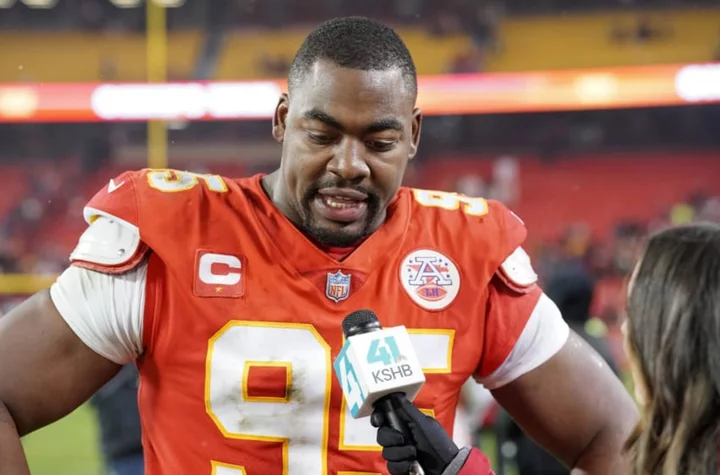
NFL Rumors: Chris Jones update, Love hurt by Packers injuries, Raiders drama
NFL Rumors: Chris Jones gives an update on his status with the Chiefs, Jordan Love's Packers debut could be hurt by injuries, Josh McDaniels handles the Raiders-Chandler Jones drama poorly.
2023-09-07 06:22
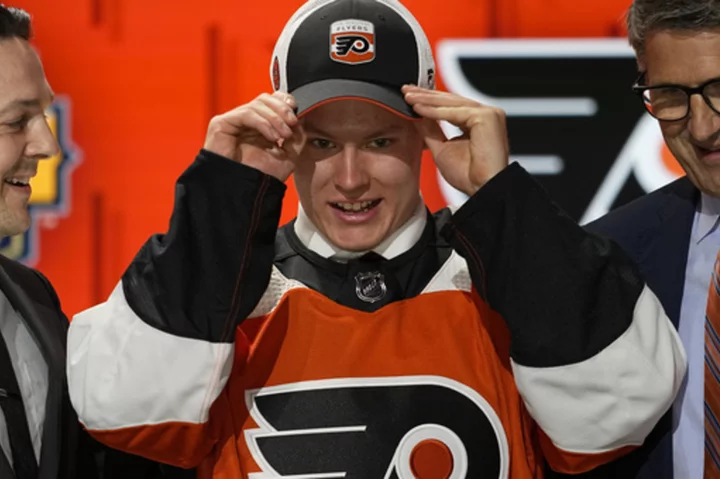
Rebuilding Flyers willing to be patient with top pick Matvei Michkov of Russia
The Philadelphia Flyers are in rebuilding mode
2023-06-29 10:45

Furlong and Porter the props who set the stage for Irish success
Tadhg Furlong and Andrew Porter may play in the unglamorous position of prop but they epitomise the resilience and character that Ireland head coach Andy Farrell spoke of after the 13-8 win...
2023-09-28 09:28

Jose Altuve exits game against Marlins after fouling pitch off his shin in 1st inning
Houston Astros second baseman Jose Altuve left Tuesday’s game against the Miami Marlins after fouling the first pitch he saw off his left shin
2023-08-16 07:54

Father shoots dead three young sons and wounds mother at Ohio home, police say
An Ohio father allegedly shot dead his three young sons in the garden of the family home and wounded their mother. Chad Doerman, 32, was arrested in Clermont County and charged with murdering the three boys aged 7, 4, and 3, in the shocking incident, according to officials. The alarm was raised on Thursday afternoon when a female called 911 and screamed that “her babies had been shot,” reported ABC News. A second 911 call was then received several minutes later from a passerby who said that a young female had been running down the street screaming that “her father was killing everyone.” Clermont County Sheriff’s Office deputies responded to the home in Monroe Township, which is located 26 miles southeast of Cincinnati, where they found the suspect sitting on a step outside. He was taken into custody without incident. The sheriff’s office says that deputies then found “three unresponsive gunshot victims in the yard of the residence” and first responders immediately began life-saving measures. “All life-saving measures were unsuccessful and all three gunshot victims succumbed to their injuries while on scene,” they said. “A fourth gunshot victim, later identified as an adult female age 34, was also located outside of the residence. The female sustained what appeared to be a single gunshot wound to her hand [and was] non-life threatening.” Mr Doerman was interviewed by detectives and charged with three counts of aggravated murder. He was taken to the Clermont County Jail where he is currently being held without bond. David Gast, the chief prosecutor in Clermont County, spoke during an arraignment hearing on Friday. “The trauma that this man has inflicted on his family, community, law enforcement, first responders, and all the rest of us is unspeakable,” he said. “There has been a full admission in this case, the case is still new, we’re still discovering facts. But the evil horror of what we know is impossible to process. “In an act of incomprehensible cruelty, the father that stands before you lined up his three young boys and executed them in his own home with a rifle. In an act of desperation, the mother at some point grabbed the gun the father was wielding to attempt to protect them.” Read More DoJ releases scathing report of systemic abuse by Minneapolis Police after investigation prompted by George Floyd murder Synagogue shooter found guilty in deadliest attack on Jewish community in US history Clown performer’s 15-year-old son shot dead as he entertained children’s party
2023-06-17 06:56

San Francisco 49ers' Nick Bosa reportedly becomes highest paid NFL defensive player ever
San Francisco 49ers defensive end and reigning AP NFL Defensive Player of the Year Nick Bosa has agreed to a five-year, $170 million contract extension, making him the highest paid defensive player in NFL history, ESPN's Adam Schefter and NFL Network insider Ian Rapoport reported Wednesday, citing unnamed sources.
2023-09-07 08:50
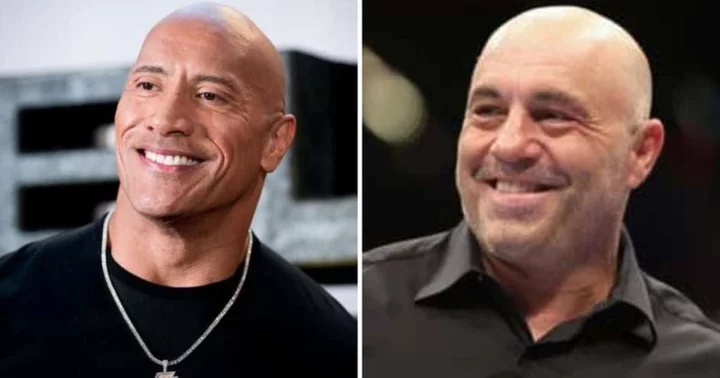
'Smell what the Rock is shovelling': Internet piles on Dwayne Johnson after trainwreck Joe Rogan interview
Dwayne Johnson initially claimed that he has friends who support Joe Biden but later backtracked and changed his statement
2023-11-16 14:25
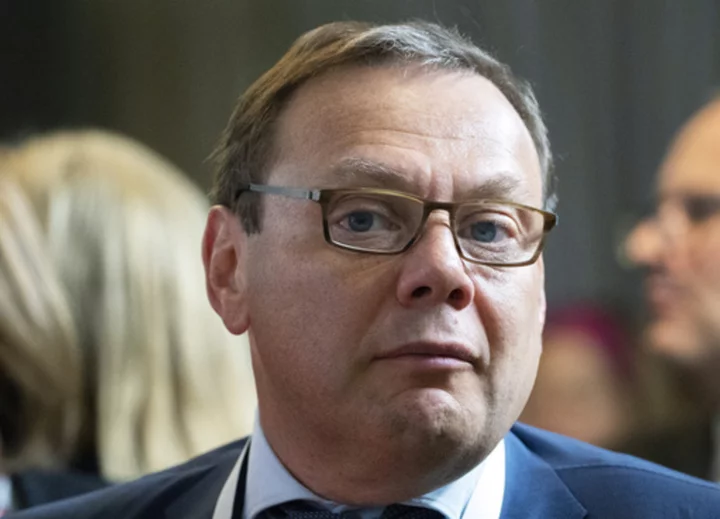
US government sanctions Russians on the board of Alfa Group in response to war in Ukraine
The U.S. Treasury Department has imposed financial sanctions against four Russians on the board of Alfa Group
2023-08-11 23:50

Cargill and BAR Technologies’ Ground-Breaking Wind Technology Sets Sail, Chartering a New Lower-Carbon Path for the Maritime Industry
GENEVA--(BUSINESS WIRE)--Aug 21, 2023--
2023-08-21 13:28

Factbox-What is the Kakhovka dam in Ukraine?
The southern command of Ukraine's Armed Forces said on Tuesday that the Kakhovka dam in the Russian-controlled parts
2023-06-06 12:26
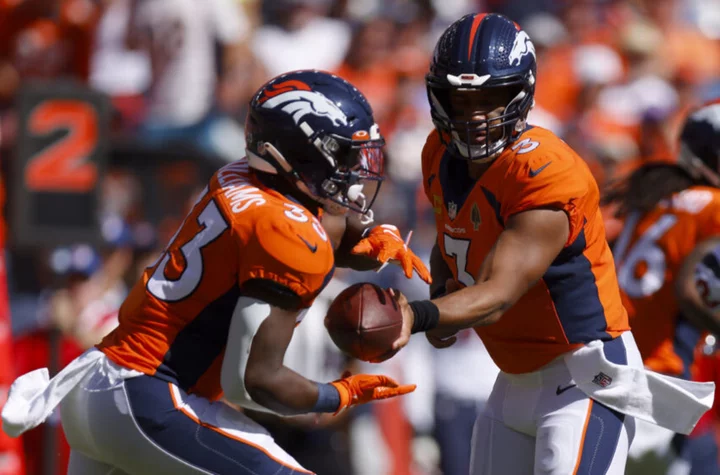
Broncos get encouraging news on one of Russell Wilson’s most important offensive tools
The Denver Broncos got some great news regarding one player on offense that will help out quarterback Russell Wilson this upcoming season.The Denver Broncos spent this offseason trying to wrong the errors of the previous season.They have a new head coach, Sean Payton, following a trade with ...
2023-05-28 07:18

Mbappe strikes late to earn PSG win at Brest
A late Kylian Mbappe penalty won the day for Paris Saint-Germain on Sunday as the side from the capital ran out 3-2 winners against Brest...
2023-10-29 22:56
You Might Like...

On Mexico-US border, fentanyl poses growing hidden danger
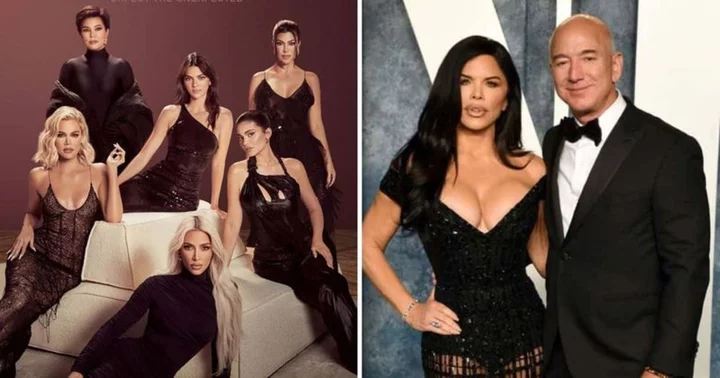
The Kardashians trolled as they party with Jeff Bezos and Lauren Sanchez at Beyonce's birthday concert

US soldier to receive highest peacetime award for heroism after defending woman
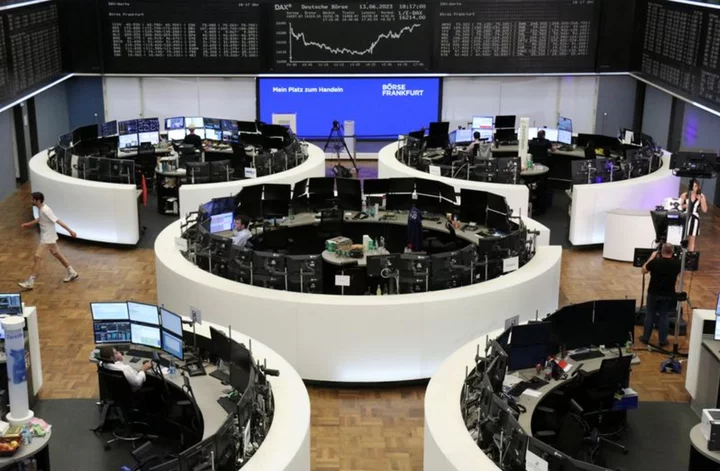
European shares inch lower ahead of ECB meet

Kramatorsk: Alleged Russian spy to be charged over deadly strike

Australia cricket great Border reveals he has Parkinson's

Germany Last Generation: Where car is king but protesters won’t let you drive

Body language, knowledge of the game and luck: the art of chess photography
